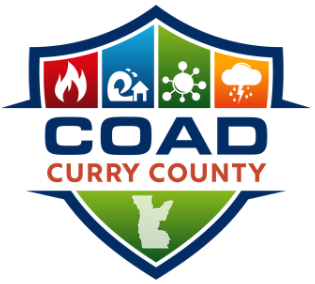What You'll Find in Our Response Tools:
Incident Command System (ICS) Overview: Gain insights into the Incident Command System (ICS), a standardized management system used by emergency response organizations to coordinate and manage resources during incidents. Our guide will provide an overview of ICS principles, structure, and key components, empowering you to understand and participate in coordinated response efforts effectively.
Emergency Shelter Management: Explore best practices for establishing and managing emergency shelters to provide safe refuge for individuals and families displaced by disasters. Learn how to set up and operate shelters, coordinate volunteer efforts, address logistical challenges, and ensure the safety and well-being of shelter occupants.
Volunteer Coordination: Discover strategies for recruiting, training, and deploying volunteers to support response efforts during emergencies and disasters. Our guide will outline the essential steps involved in volunteer coordination, from recruitment and training to deployment and coordination with emergency management agencies and other stakeholders.
Damage Assessment Procedures: Learn how to conduct rapid and comprehensive damage assessments to evaluate the impact of disasters on infrastructure, property, and community assets. Our guide will provide guidance on assessing structural integrity, documenting damages, prioritizing response efforts, and coordinating with local authorities and response agencies.
Crisis Communication Strategies: Explore effective communication strategies for disseminating critical information, updates, and instructions during emergencies and disasters. Learn how to develop and implement communication plans, leverage various communication channels, and engage with stakeholders, media, and the public to ensure clear, timely, and accurate communication.
Mutual Aid Agreements: Understand the importance of mutual aid agreements and partnerships in enhancing response capabilities and resource sharing among neighboring communities and organizations. Learn how to establish and maintain mutual aid agreements, coordinate mutual aid requests, and leverage collaborative partnerships to strengthen response efforts.
Technology and Social Media in Disaster Response: Harness the power of technology and social media to enhance communication, coordination, and situational awareness during emergencies and disasters. Discover innovative tools, platforms, and applications for information sharing, crowd-sourcing, and community engagement, empowering you to leverage digital resources effectively in response efforts.
We encourage you to explore our Response Tools and leverage the valuable insights, strategies, and resources provided to enhance your preparedness and response capabilities. By equipping yourself with the right tools and knowledge, you can play a vital role in effectively responding to emergencies and disasters, ensuring the safety and well-being of our community.
Together, We Can Respond, Recover, and Rebuild Stronger!
Response Tools
In times of crisis, having access to the right tools and resources can make all the difference in effectively responding to emergencies and disasters. To support our community in its response efforts, we have compiled a diverse array of Response Tools designed to equip individuals, families, and organizations with the knowledge, skills, and resources needed to navigate and mitigate the challenges posed by disasters of all kinds.

